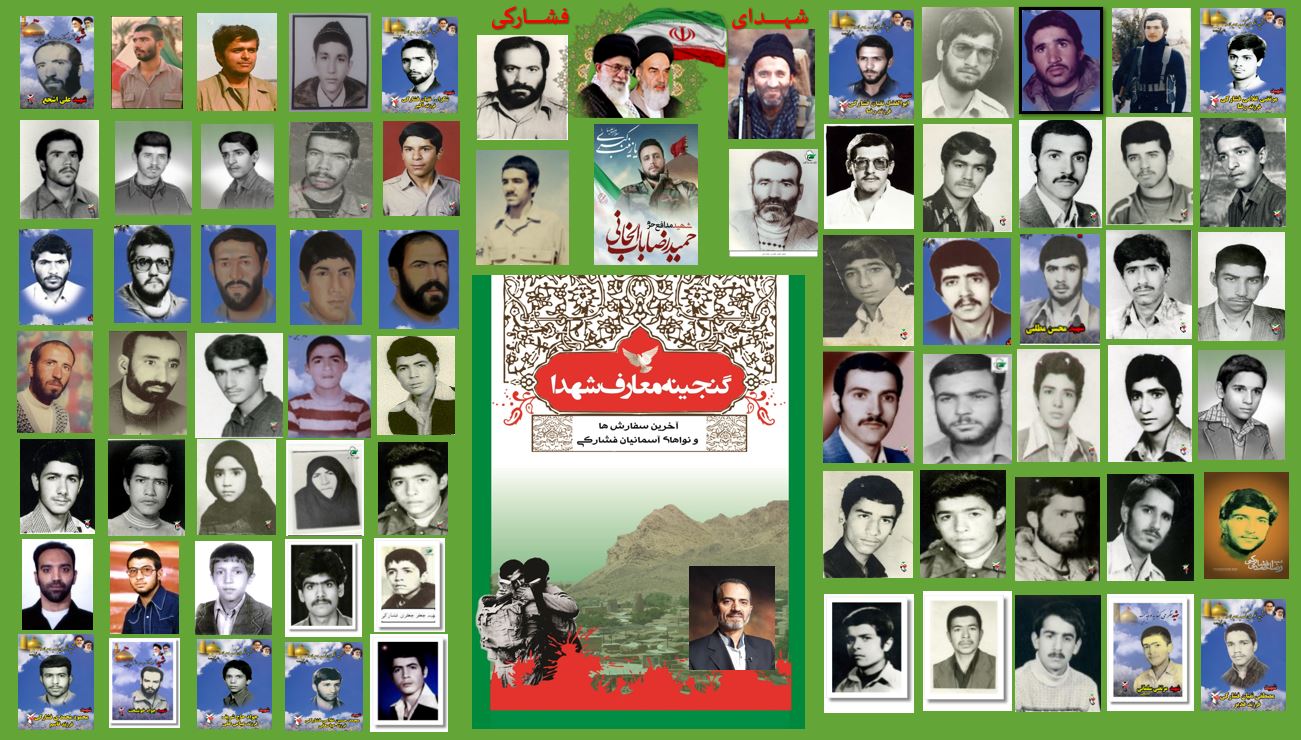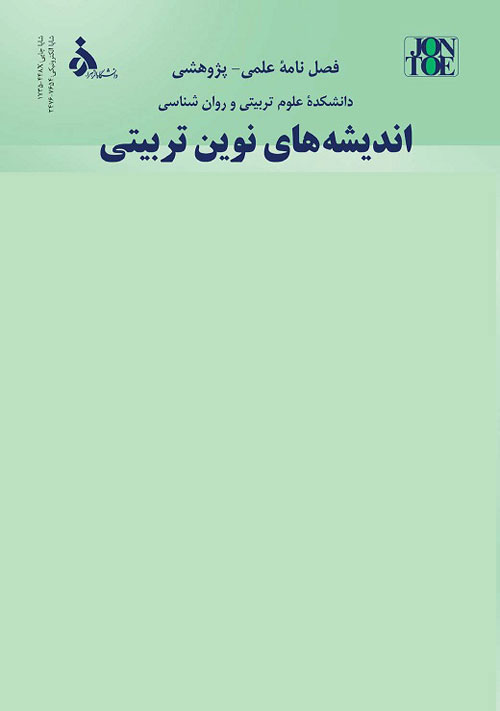واکاوی دلالتهای تربیتی «قناعت» در مثنوی معنوی
https://www.magiran.com/paper/2147959
واکاوی دلالتهای تربیتی «قناعت» در مثنوی معنوی
نویسنده:
حسین دولت دوست* ، حسنعلی بختیار نصرآبادی ، محمدحسین حیدری ، محسن محمدی فشارکی
پیام:
چکیده:
هدف این پژوهش، واکاوی مفهوم و کارکردهای «قناعت» در مثنوی معنوی و استنتاج دلالتهای آن برای تربیت اخلاقی بوده است. این تحقیق با رویکرد کیفی و با بهره گیری از الگوی بازسازی شده ی استنتاجی فرانکنا، انجام شده است. در بخش نخست تحقیق، پس از مروری اجمالی بر جایگاه و اهمیت کتاب مثنوی معنوی، مفاهیم اخلاق و قناعت، برخی از ویژگی های مبنایی قناعت در قالب گزاره های واقع نگر و اصول تربیتی بازشناسی شده و در ذیل هر اصل، ابتدا سند قرآنی یا روایی هر مبنا بیان شده و پس از آن، نکته اصلی ناظر به هر مبنا، از مثنوی معنوی، تبیین شده است. گزاره های بازشناسی شده در این پژوهش عبارتند از: قناعت به مثابه ی راهی برای نیل به حیات طیبه، عاملی بر حفظ اقتدار و عزت نفس، گنج استغنابخش و بی نیازی، عامل ممیزه با بخل، عامل آرامش روح در تقابل با حرص، زمینه ساز شادی و محور هم بستگی مفاهیم توکل، رزق و رضایت درونی. در دنیای امروز که مصرف گرایی و دلبستگی به تعلقات دنیوی از جانب نظام سرمایه داری به صورتی هدفمند به جوامع مختلف القاء میگردد، لازم است تا نظام تعلیم و تربیت کشور ما با اتکا به آموزه های دینی و اندیشه های اثرگذار افرادی مانند مولانا، «قناعت» را به مثابه هدفی تربیتی در دستور کار قرار داده و نسلی «قانع و خودبسنده» تربیت نماید.
کلیدواژگان:
قناعت ، تربیت اخلاقی ، اصل تربیتی ، مولوی ، مثنوی معنوی
نوع مقاله:
مقاله پژوهشی/اصیل
زبان:
فارسی
انتشار در:
فصلنامه اندیشه های نوین تربیتی، سال پانزدهم شماره ۴ (پیاپی ۶۰، زمستان ۱۳۹۸)
صفحات:
۹۵ -۱۲۰
Investigating the educational implications of "contentment" in Mathnawi
Author(s):
Hossein Doolatdost * , HassanAli Bakhtiari Nasr Abadi , MohammadHossein Heydari , Mohsen Mohammadi Fesharaki
Message:
Abstract:
The purpose of this study is to investigate the concept and functions of "contentment" in the book ‘Mathnawi” and to deduce its implications for moral education. This study was conducted using a qualitative approach and using the reconstructed Frankena inference model. In the first part of the research, after a brief overview of the status and importance of the Mathnawi, the concepts of ethics and contentment, some of the basic characteristics of contentment are recognized in the form of realistic statements and educational principles, and under each principle, first, the Quranic or Hadith document is stated and then the main point of view of each principle is explained from the Mathnawi. Recognized propositions in this study include: contentment as a way to the “Hayat tayyebeh”(Pure Life), a factor for maintaining self-esteem, a treasure for freedom of want, a factor to distinguish from envy, a tranquilizer of greed, a source of happiness and a factor for correlation between reliance to God, daily bread and internal satisfaction. In today's world, where consumerism and attachment to worldly attitudes are instilled to different societies by the capitalist system, it is necessary for our national education system to rely on influential religious teachings and ideas like Rumi, to put 'contentment' as an educational goal and nurtured a 'convincing and self-sufficient' generation.
Keywords:
contentment , moral education , educational Principle , Rumi ,Mathnavi
Article Type:
Research/Original Article
Language:
Persian
Published:
Quarterly Journal of New Thoughts on Education, Volume:15 Issue: 4, 2020
Pages:
95 - 120
فصلنامه اندیشه های نوین تربیتی
Quarterly Journal of New Thoughts on Education
فصلنامه علوم انسانی
ISSN: 1735-448X eISSN: 2476-7654
صاحب امتیاز:
دانشگاه الزهرا
مدیر مسئول:
دکتر سعید رضایی شریف آبادی
سردبیر:
دکتر طیبه ماهروزاده


